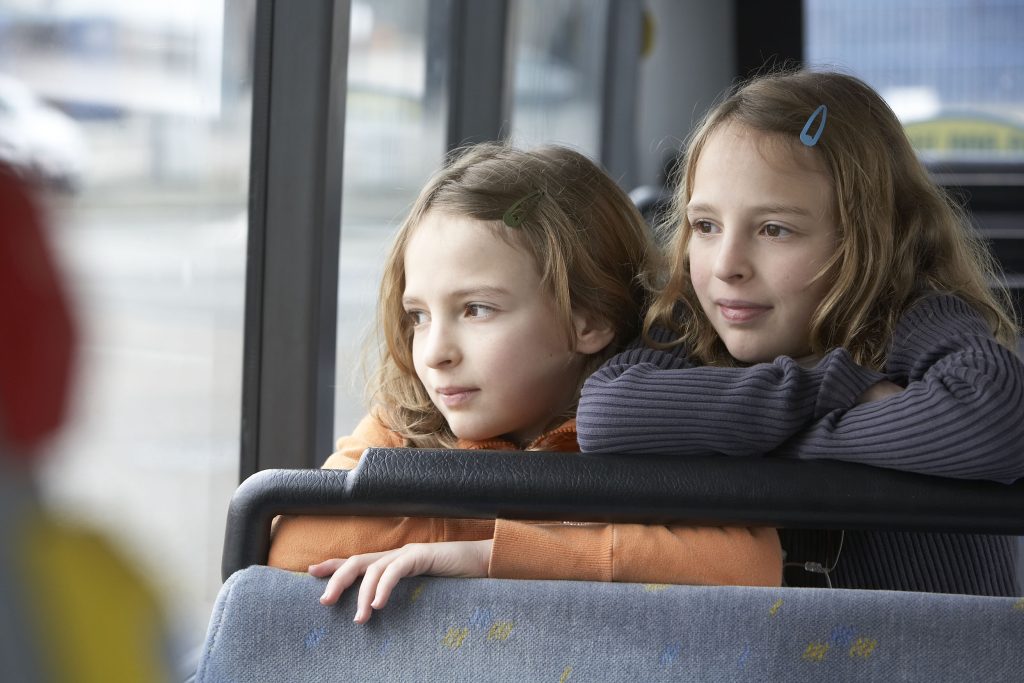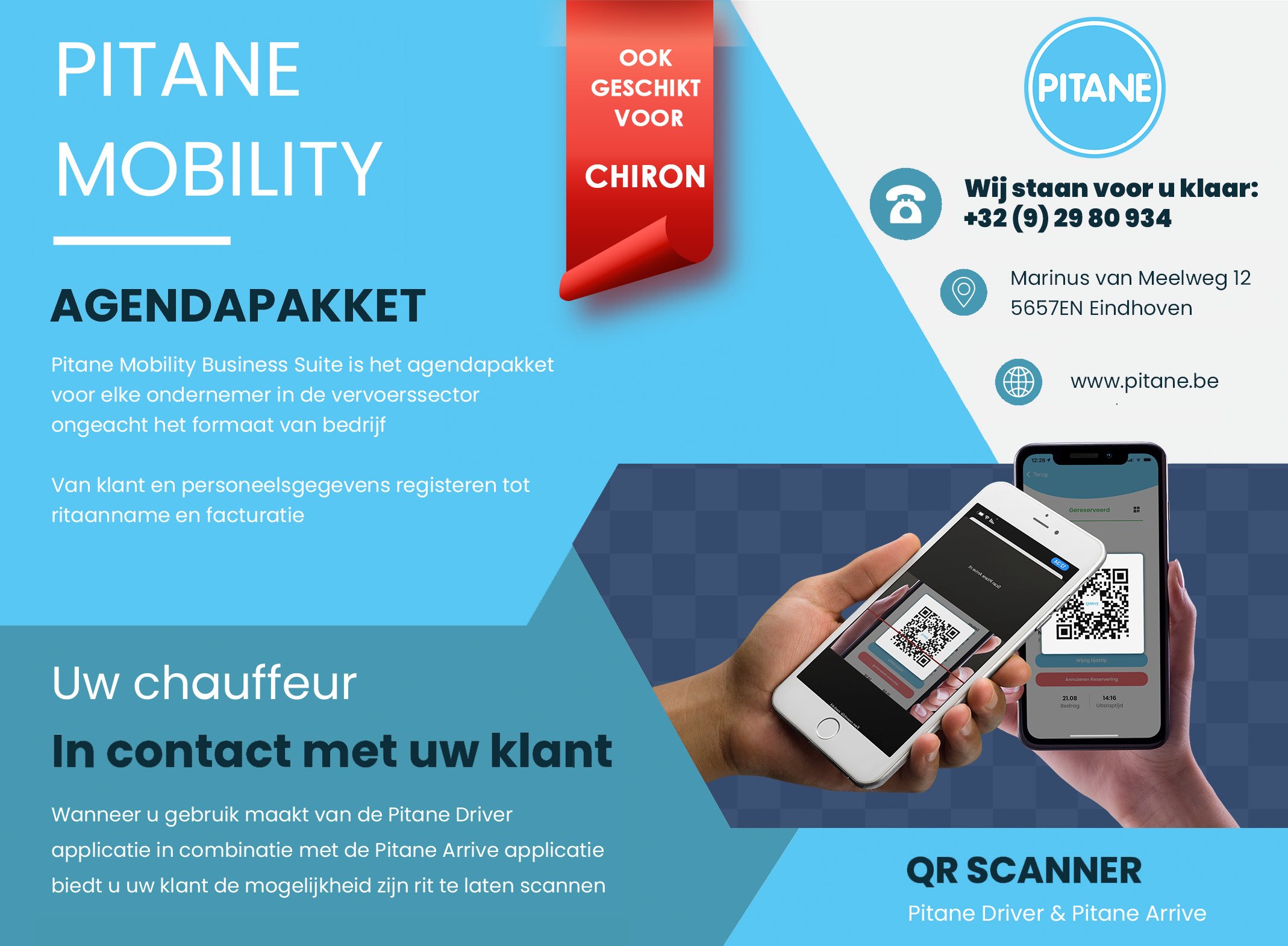A month after school starts, hundreds of students spend longer than promised 90 minutes on the bus every day, despite promises from the Flemish government.
In a recent press release from Catholic Education Flanders, disturbing figures are put forward about the journey time of school buses for special education. According to this organization, hundreds of students spend more than one and a half hours on the bus every day, while the Flemish Minister of Mobility, Lydia Peeters of the Open VLD, had promised that no student would travel longer than 90 minutes to school. A month after the start of the new school year, this target appears to be far from being achieved. In fact, almost one in ten students spends longer than the promised 90 minutes on the bus, both in the morning and in the evening.
This problem is even bigger than it seems at first glance. Katholiek Onderwijs Vlaanderen's own survey shows that many buses regularly only arrive after the start of school. This means that more than a thousand students per week may miss the start of their lessons. And it's not just the delays that are causing concern. The schools also complain about the condition of the buses; inadequate ventilation, broken seat belts and faulty air conditioning are just some of the problems reported.
software system
According to VRT news, problems with a new software system would also contribute to the difficult organization of student transport. For example, children who live in the same street and go to the same school would sometimes be picked up by different buses. De Lijn, which is responsible for organizing transport, points to driver shortages and an increase of more than 6.300 students this year as causes for the delays and longer journey times.
So it is clear that the current system does not meet the needs of students and schools. This is extra painful because the Flemish government recently announced in the September statement that it will allocate an additional 2024 million euros annually from 30 for student transport in special education. How exactly this money will be used to tackle the current problems remains unclear.

Despite promises and financial commitments, the Flemish government appears to be having difficulty solving a persistent problem: the long journey times of school buses in special education. While financial investment appears assured for the coming years, with an additional €30 million to be released annually from 2024, there is a lack of immediate solutions to the problems schools and students now face.
The untenable situation also has an administrative impact on schools. They struggle with the extra organization required to accommodate students who arrive late, and are also forced to take additional measures for the well-being of the students. In addition to missing teaching time, there is also the quality of the transport itself; a lack of comfort and safety does not contribute to a good start to the school day.
number of students
According to De Lijn, there are several factors that contribute to the difficult organization this year, including driver shortages and a significant increase in the number of students. Late registrations in September and problems with new software also contributed to the problems. The complexity of this issue requires a multifaceted approach that goes beyond just financial investments.
What makes matters even more problematic is that the long journeys and delays are not only inconvenient, but also have pedagogical implications. Constantly missing the start of the school day can lead to learning delays and unnecessary stress for students who are already dealing with the challenges of special education.
In this light, the urgency of the appeal from Catholic Education Flanders to the Flemish government only becomes greater. Time is running out to find an adequate solution that goes beyond promising future financial resources. This is not just about comfort and convenience, but also about the well-being and educational opportunities of some of the most vulnerable members of society.



